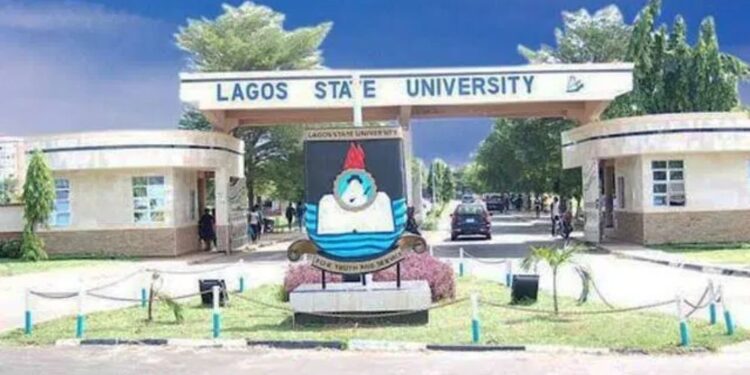The Joint Admissions and Matriculation Board (JAMB) has announced that Lagos State University (LASU), University of Lagos (UNILAG), and the University of Ilorin (UNILORIN) are the most preferred institutions by candidates seeking admission into Nigerian universities for the 2025/2026 academic session.
The announcement was made by JAMB Registrar, Prof. Ishaq Oloyede, during the 2025 Policy Meeting on Admissions into Tertiary Institutions, held on Tuesday in Abuja.
According to JAMB, the preference ranking was based on the choices made by over two million candidates who sat for the 2025 Unified Tertiary Matriculation Examination (UTME).
Prof. Oloyede said these institutions emerged as the top choices among Nigerian tertiary institutions.
Here are the top 10 most preferred institutions
According to NAN, LASU tops the list as the most preferred institution with 70,080 applications. It is also the only state-owned university among the top 10 most subscribed universities, with the remaining nine owned by the Federal Government.
UNILAG followed closely with 58,645 applicants, and UNILORIN received 56,758 applications. Others on the list include:
- Federal University Oye-Ekiti (FUOYE) – 52,108 applicants
- Nnamdi Azikiwe University (UNIZIK) – 51,487 applicants
- University of Ibadan (UI) – 47,571 applicants
- University of Nigeria, Nsukka (UNN) – 46,273 applicants
- University of Benin (UNIBEN) – 45,868 applicants
- Obafemi Awolowo University (OAU) – 45,777 applicants
- Federal University, Lafia – 42,962 applicants
The policy meeting also featured the discussion of the 5th edition (2023 and 2024) of the National Tertiary Admissions Performance – Merit Award (NATAP-M), which is JAMB’s initiative to recognise institutions based on merit, efficiency, and transparency in the admission process.
What you should know
JAMB has fixed 150 as the minimum admissible UTME score for universities for the 2025/2026 academic session, while polytechnics and colleges of education will admit from 100 and above, and colleges of nursing sciences from 140 and above.
- The cut-off marks were agreed upon by stakeholders, including vice-chancellors, rectors, provosts, and regulatory agencies, who participated in the deliberations.
- Each institution is permitted to adopt a higher benchmark, but no school is allowed to admit candidates below the national minimum. For example, while a university may choose a cut-off of 180, it must not go below 150.
- The Minister of Education, Dr. Tunji Alausa has also established 16 years as the minimum age for admission into tertiary institutions in Nigeria.
The age limit is designed to align the cognitive maturity of students with the academic and social demands of higher education. Although exceptions may apply to exceptionally gifted students who are academically advanced for their age, such cases must be clearly justified by the admitting institution.


















